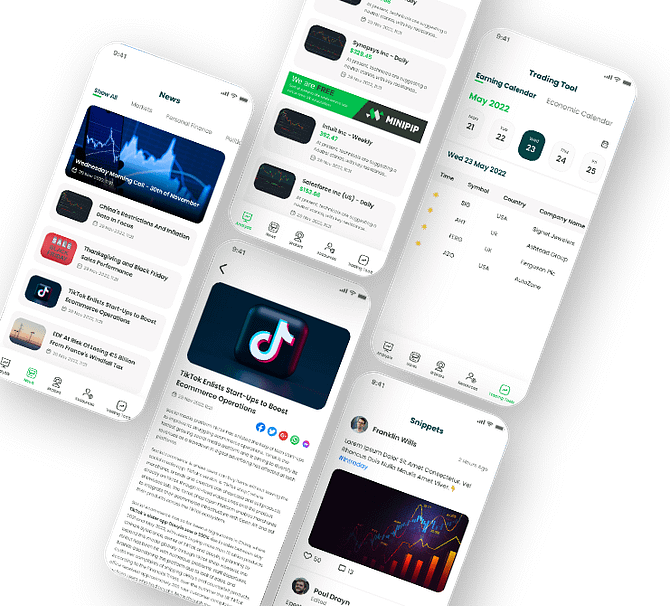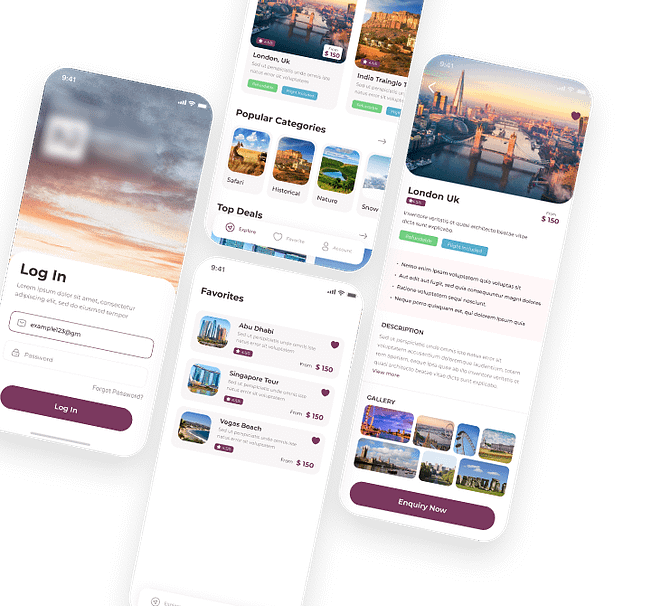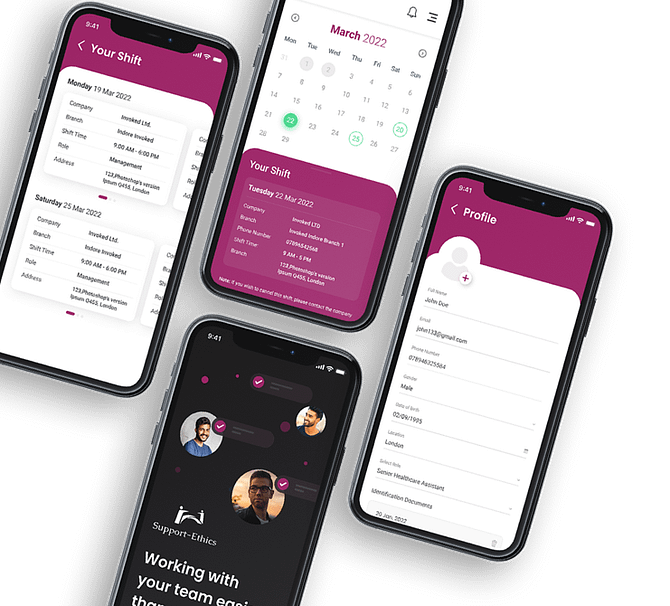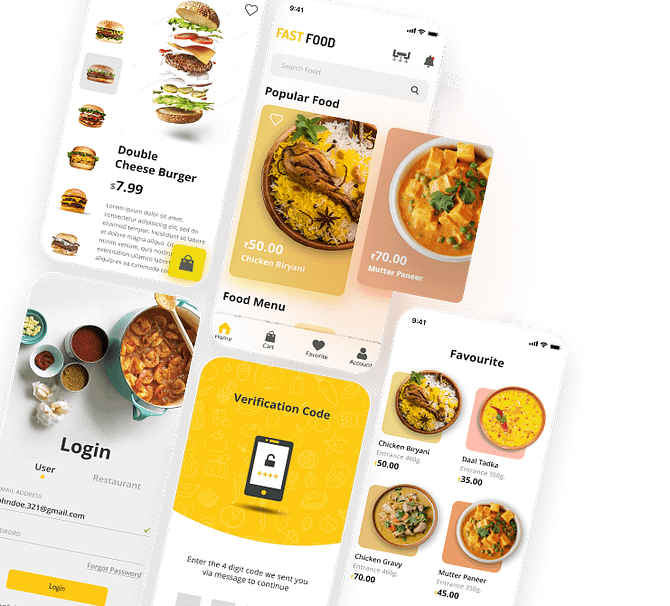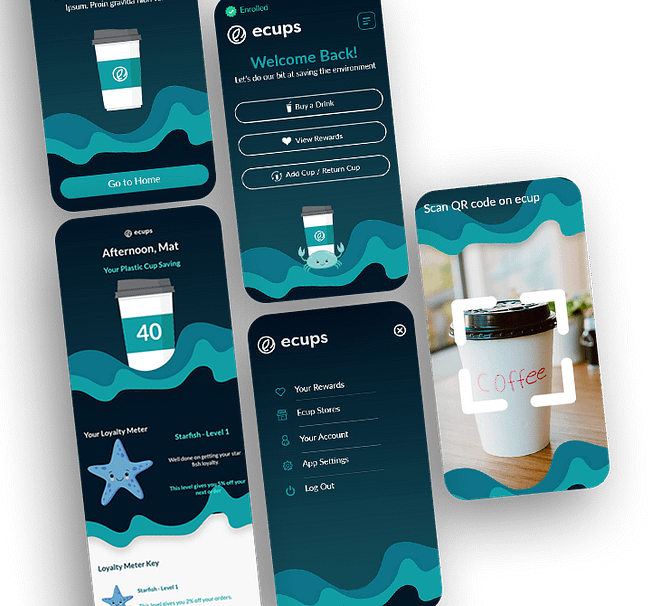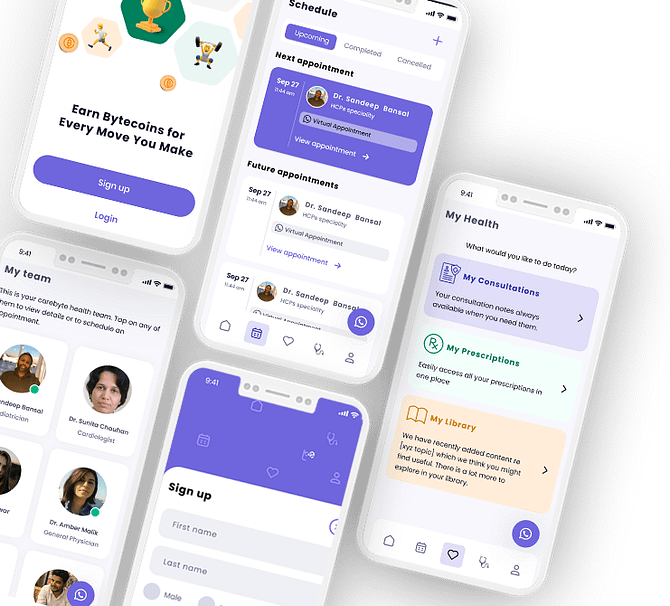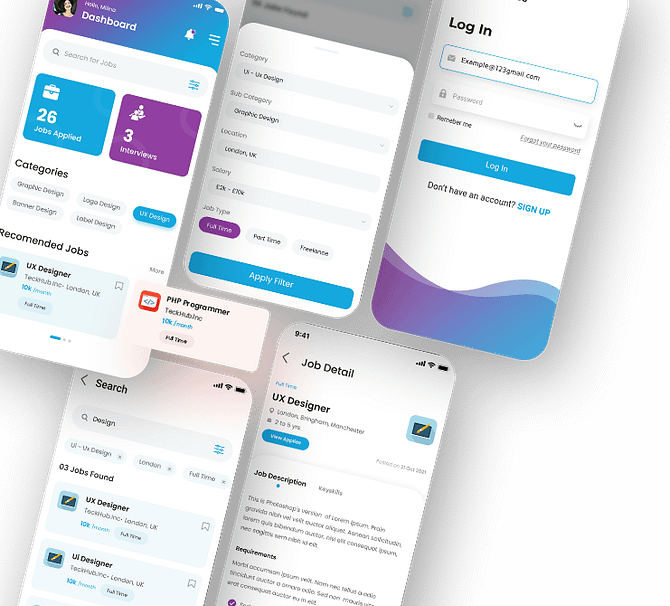As mobile app usage continues to rise, businesses in both the UK and US are faced with the challenge of deciding whether to opt for hybrid app development or native app development. Both approaches have their advantages, but the choice largely depends on the specific needs of a business and its target audience. In this blog, we will explore the key differences between hybrid app development and native app development, and discuss which option is best for companies targeting the UK and US markets.
What is Native App Development?
Native app development involves building applications specifically for one platform—iOS or Android—using the platform’s native programming languages, such as Swift for iOS and Java or Kotlin for Android. These apps are optimized to run on a single operating system, ensuring top-notch performance and access to all of the device’s features.
For businesses focusing on native app development in UK and native app development in US, the primary advantage is superior performance. Native apps are faster, more responsive, and offer a better user experience since they are tailored to the specific platform. This makes them ideal for applications that require complex functionalities, such as gaming, AR/VR, or high-performance tools.
However, native app development can be more costly and time-consuming, as separate codebases need to be developed for each platform. This means businesses must invest more resources and time into developing two apps for Android and iOS.
What is Hybrid App Development?
On the other hand, hybrid app development allows developers to write a single codebase that can be deployed across both iOS and Android platforms. Using frameworks like React Native, Flutter, or Ionic, hybrid apps are essentially web apps wrapped in a native shell, which can be downloaded and run like a native app.
For businesses looking for hybrid app development in UK or hybrid app development in US, this approach offers several advantages. It is cost-effective and time-saving, as the same code can be used for both platforms. This allows businesses to reach a wider audience more quickly, making it an attractive option for startups and smaller businesses with limited resources.
However, hybrid apps may not offer the same level of performance and access to device-specific features as native apps. They might experience slower performance or lag, especially when running complex tasks.
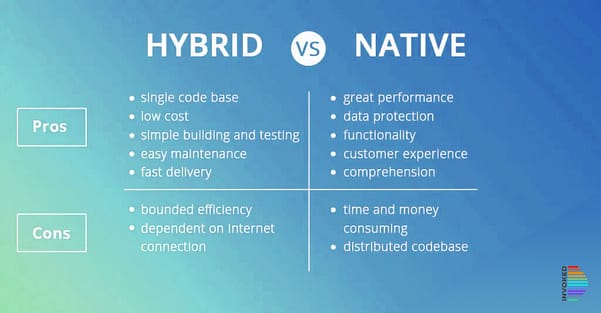
Which is Best for UK and US Markets?
The decision between hybrid app development and native app development ultimately depends on your business goals and target audience in the UK and US markets.
If you’re aiming for high-performance apps with complex functionalities, and you’re willing to invest in separate development for each platform, native app development in UK and native app development in US might be your best option. Native apps will deliver the best user experience, which is crucial for industries like gaming, e-commerce, or healthcare.
However, if you’re looking to reach a broader audience quickly and within a budget, hybrid app development in UK or hybrid app development in US can be a great choice. Hybrid apps allow businesses to expand their reach while minimizing development costs, which is ideal for businesses focusing on a large-scale audience with relatively simple app functionalities.
Conclusion
Both hybrid app development and native app development have their merits, but choosing the best option for your business in the UK and US markets depends on your app’s requirements, budget, and desired user experience. Whether you’re opting for hybrid app development in US or native app development in UK, it’s important to work with a reliable development partner who can guide you through the process. Invoked Digital specializes in both approaches, helping businesses choose the best strategy for their unique needs and delivering high-quality app development solutions that drive success in the competitive markets of the UK and US.











